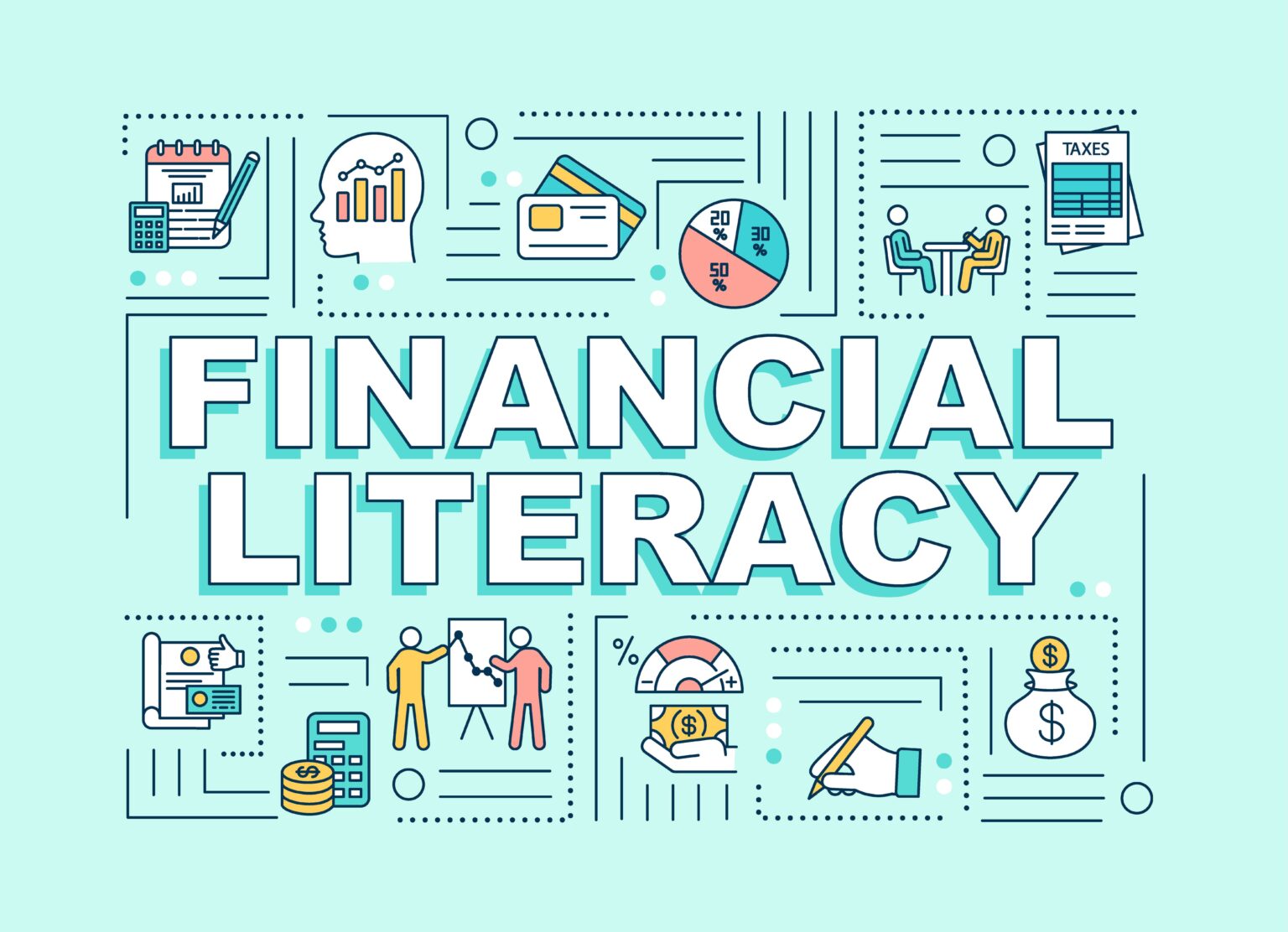Trending
- AfDB commits $2 billion to revolutionise clean cooking in Africa, save forests
- The harsh realities of family laws for African women revealed
- Kenyan home buyers shift preferences, seek affordable housing despite market downturn
- How startup Yeeo is shaping the future of business contacts with eco-friendly innovation
- Stakeholders in Nairobi seek to unlock Kenya’s green jobs potential
- Alarming surge in online child exploitation sweeps Africa
- Beijing tightens China-Africa grip as trade rivals US, Russia seek bigger slice
- Exploring the Forex CFD Trading Landscape in Africa in 2024
